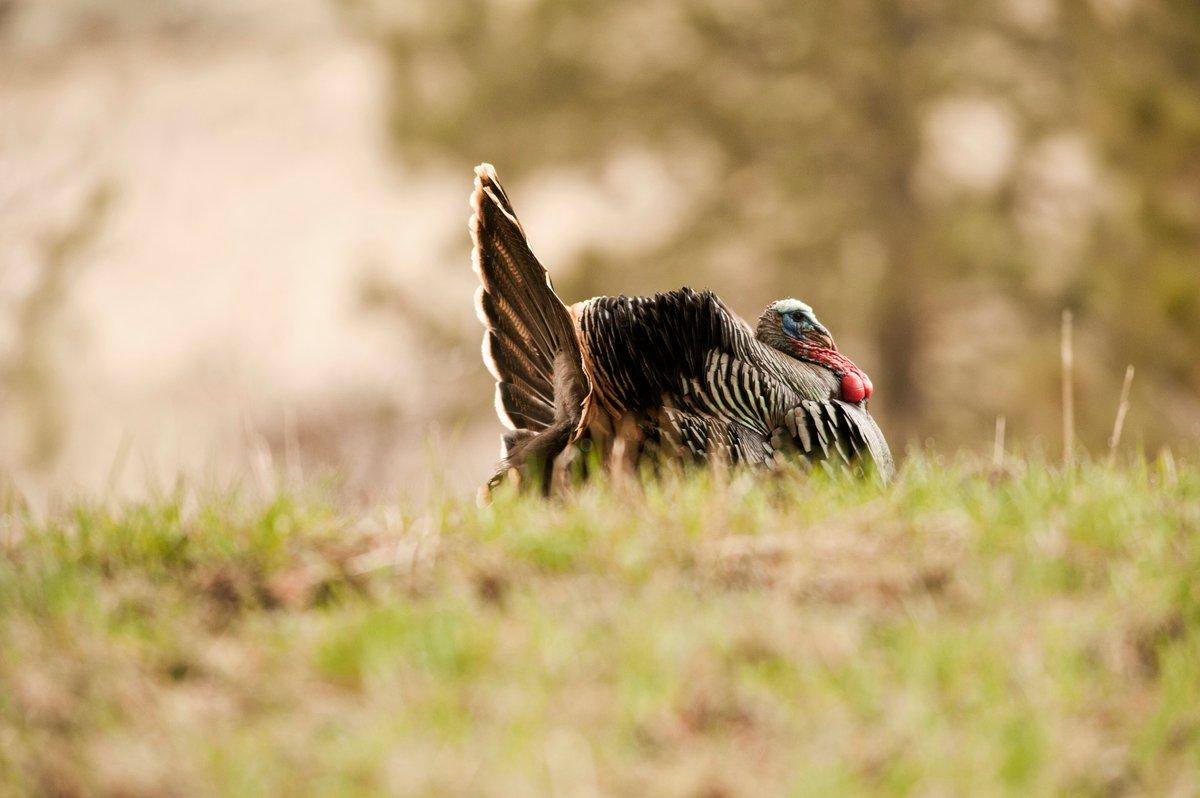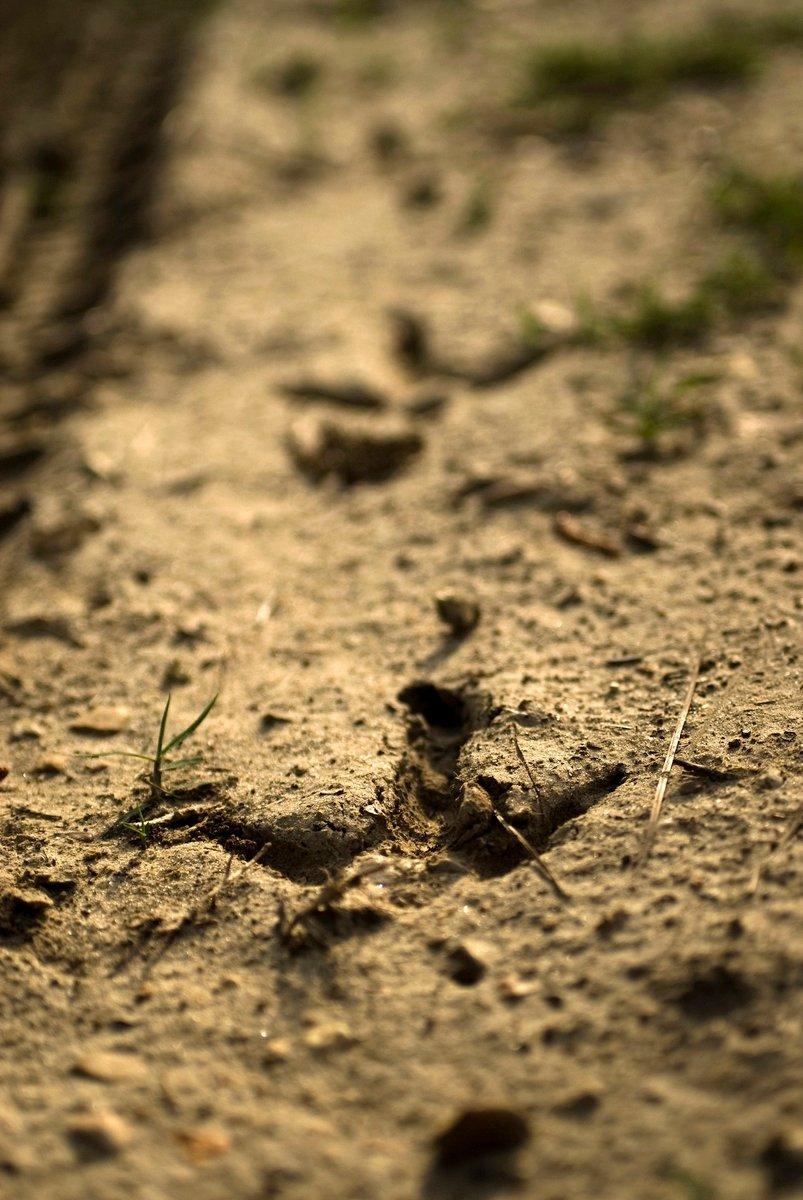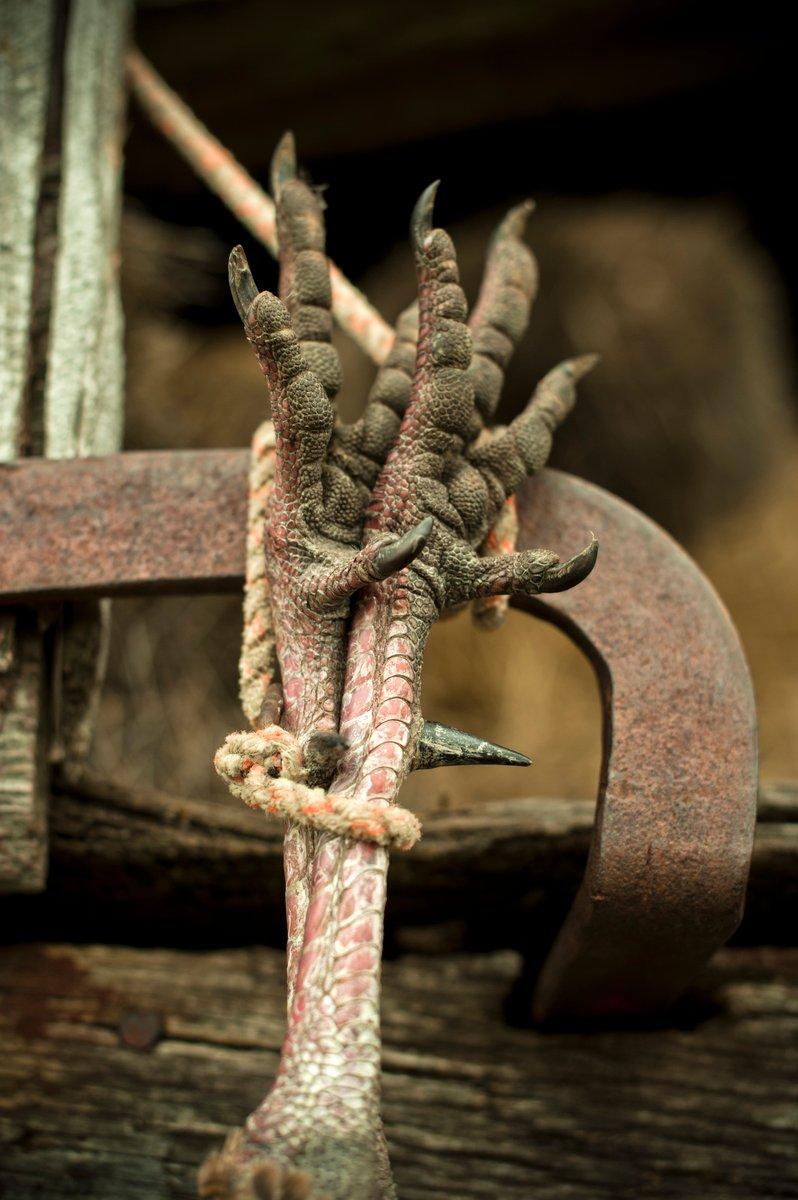Experts weigh in on whether the turkeys of today are more difficult to hunt than the turkeys of a decade ago
You set out for a long walk in the dark to the top of your favorite ridge, the one where you've worked countless longbeards over the years. As daylight slowly breaks, you owl hoot, almost shivering with anticipation. The show is about to start ... except, it never does. You don't hear a gobble. It seems this is happening more and more in your neck of the woods. What the heck is wrong with these turkeys?
You don't hear a gobble. It seems this is happening more and more in your neck of the woods. What the heck is wrong with these turkeys?
It's April right now. Plenty of turkey tags have been filled. Many more will certainly follow. But many, many tags will go unused. It's simply because turkeys are difficult to hunt. But are they more difficult to hunt now than they were, say, 10 years ago? Poll the average camo-wearing crowd in the coffee shop, and many would answer yes indeed, turkeys of today are tougher.
So we took the question to some of the top turkey hunters in the business. Quite a few of them work for or with Realtree. Several of them don't. None were shy with opinions.
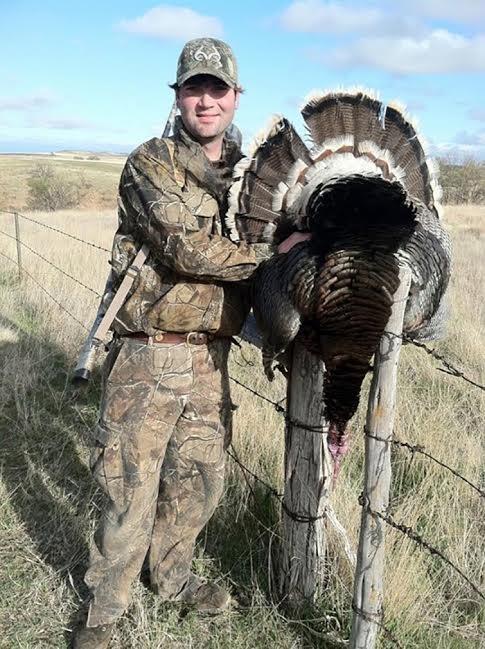 PHILLIP CULPEPPER, REALTREE VIDEOGRAPHER
PHILLIP CULPEPPER, REALTREE VIDEOGRAPHER
I've heard guys say, 'Hunt here because the Merriam's are easy, or go there because the Rios always work,' but a henned-up turkey is a henned-up turkey. When conditions are right, there are always a couple three- or four-day windows when you can wear them out, regardless of the subspecies. It's just like deer hunting; you can go and get your butt kicked for two weeks, and then one day it's like the light switch is on, and bucks are running does everywhere. When turkeys get into what I call the kamikaze stage, they're easier to hunt.
In my experience, that happens twice a season. Once early on, when the flocks first begin busting up, and again late in the season. Here in Georgia, the last week of April is one of my favorite times of the season.
You can go and get your butt kicked for two weeks, and then one day it's like the light switch is on. When turkeys get into what I call the kamikaze stage, they're easier to hunt -- Phillip Culpepper
CARL DRAKE, HUNTER'S SPECIALTIES PRO-STAFFER
I don't think turkeys are any tougher to hunt now than 10 years ago. I think there are areas where they've been hunted more and are a bit more difficult to call than they might have been.
But I think a big factor is the way we call turkeys. It really has changed because of the access to information. Our calls are better now than ever before. Competition callers have really changed the way we call. It used to be you had a basic cluck and yelp. But now even our yelping is different.
All of this means we are more successful now than ever before. Sure, the turkeys are hunted more often by more hunters. But that's a good thing. It's a good thing for our sport, good for our industry and good for turkey hunting overall.
HAROLD KNIGHT, KNIGHT AND HALE GAME CALLS
I have hunted many places that had new populations of turkeys, and for the first season or two, everyone that hunts them is an expert. But after three or four years, they get tougher. A lot of people think a turkey forgets an encounter with a hunter, but I don't think he does. You call in a 2-year-old bird and miss him. Next year he's a well-educated 3-year-old, and when there are several birds like that in a given area, the hunting gets tough. So in some ways, I think the hunter is changing the turkeys. Yet, today's hunters are more effective and successful than ever. They have better equipment, they're better educated, and because of the abundance of the resource, they have more opportunities.
You call in a 2-year-old bird and miss him. Next year he's a well-educated 3-year-old, and when there are several birds like that in a given area, the hunting gets tough. -- Harold Knight
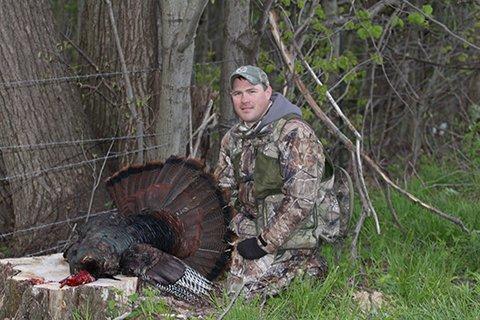 TONY HANSEN, REALTREE.COM WHITETAIL EDITOR
TONY HANSEN, REALTREE.COM WHITETAIL EDITOR
I suppose there's a reason I'm not the turkey editor. And that reason is pretty obvious by the pile of unfilled turkey tags in my files.
But here's the deal -- a truth that few people know and one that even I am starting to question. I once killed a total of 11 turkeys in five states and had a hand in 27 successful hunts in my home state of Michigan while calling for friends in a single spring season.
In the words of legendary Detroit Tigers broadcaster Ernie Harwell, those days are looonnggg goooonnnneeee.
I don't think there is any question that turkeys are harder to hunt now than they were 10 years ago.
I don't hear half the number of gobbles in a spring that I once did. And I think it's a direct result of hunting pressure and hunters who simply don't understand the impacts of their wretched calling. -- Tony Hansen
I don't know that turkey numbers have significantly declined. I suppose they have in some areas. But it's more an issue of turkeys simply refusing to gobble. I don't hear half of the number of gobbles in a spring that I once did. And I think it's a direct result of hunting pressure and hunters who simply don't understand the impacts of that which they do -- particulary their wretched calling. In other words, they booger birds and make them pretty darned tight-beaked in the process.
Many will argue it's because I'm hunting when the turkeys are henned up. Well, if that's the case then the birds have been henned up since 2005.
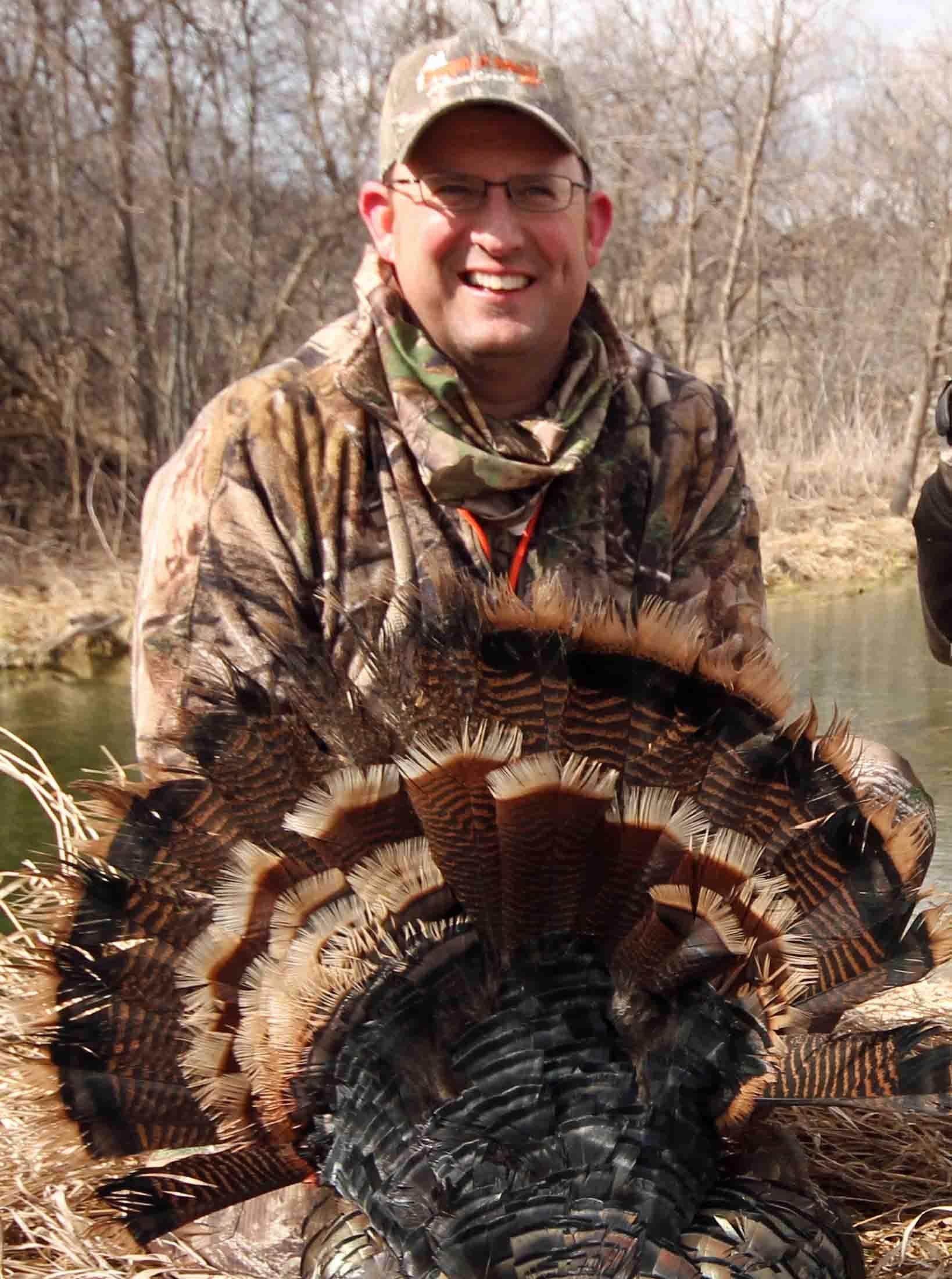 CALLY MORRIS, HOST OF REALTREE'S 15-YARD FILES
CALLY MORRIS, HOST OF REALTREE'S 15-YARD FILES
If you're hunting a turkey that's older and more pressured, of course it's harder. That's why everyone loves dumb 2-year-olds. We had a gobbler on our farm in Missouri that I know was at least 5 years old, and he was tough. When you'd call at him, he'd turn and leave. It took me eight days to kill him, and I finally had to just show him a decoy with no calling at all.
But it's not always pressured gobblers that make the hunting more difficult. Take a hen that's with a gobbler when he gets shot, or gets called up by herself and spooked by a hunter. Pretty soon, when she hears a certain type of calling, she won't come to it. And if she's with a gobbler, he won't either.
Pressured turkeys get increasingly harder to hunt because people don't use the correct tactics. They call too loud and spook hens and don't adequately conceal themselves. All of those mistakes educate turkeys quickly.
When people call too loud and spook hens and don't adequately conceal themselves, they educate turkeys quickly. -- Cally Morris
MATT MORRETT, ZINK CALLS
I think a lot has changed, but habitat and population changes affect turkey behavior more than anything. Along with that, hunting pressure can definitely affect them, as can any increase in predators.
Another huge factor is age structure. Just like whitetails, birthdays can make gobblers much keener and their moves and actions more precise. Thankfully, at some point during season, old turkeys may let their guard down. Hunters need to capitalize when the time is right.
There are a multitude of changes that occur, but the bottom line is gobblers are going to gobble to attract and/or find hens. Their surroundings and phase of breeding, laying or incubating will determine how much a gobbler will gobble. Lastly, the amount of hens and sub-dominant gobblers may be shut down due to the continuous butt kickin' they take from mature gobblers! So yes, turkey behavior constantly changes. It always has.
RICK WHITE, HUNTER'S SPECIALTIES
To a point, yes, I think turkeys are harder to work now than they were 10 to 15 years ago. At the same time, though, there are a lot more turkeys now in some areas than there were back then so, in those areas, it's the best it's ever been.
But there are also a lot more turkey hunters now, and I think that's had a pretty big impact on how we perceive things to be. There are just as many turkeys in most places, but those turkeys are getting educated pretty good.
There are more predators now as well, and I think that keeps the turkeys from gobbling. Add those predators into the mix and you can have a situation where it seems like the turkeys are harder to hunt because they just don't gobble as much.
But let's not give them too much credit. They're turkeys and they're not the smartest critters in the woods. But, yes, I do think they're getting a little bit smarter.
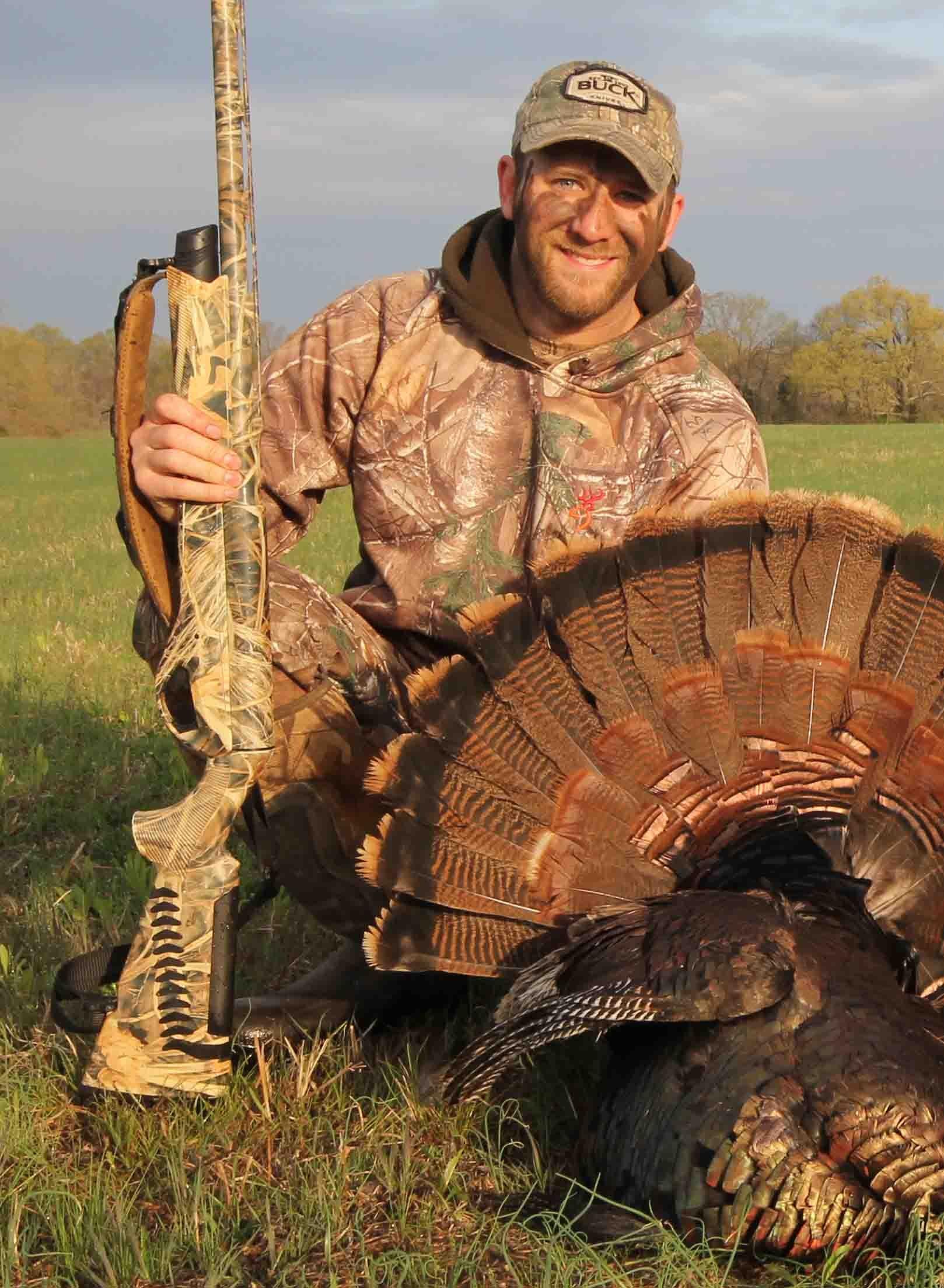 WILL BRANTLEY, REALTREE.COM EDITOR
WILL BRANTLEY, REALTREE.COM EDITOR
I don't think the makeup of a turkey's brain has changed any since I began hunting them 20 years ago, but I do think some factors, particularly hunting pressure and the stage of the breeding season, can make localized populations of turkeys easier or more difficult to hunt.
LBL birds receive enormous amounts of hunting pressure, probably due to all the outdoor writers who won't shut up about the place, despite having never actually been there. -- Will Brantley
Take the turkeys at Land Between the Lakes in western Kentucky / Tennessee, which are consistently the most difficult I've ever hunted. Although numerous, those are big-woods birds, which makes seeing them difficult. And they receive enormous amounts of hunting pressure, probably due to all the outdoor writers who won't shut up about the place, despite having never actually been there.
Any turkey that stands on the same ridge and gobbles for an hour in LBL during hunting season is probably going to have an encounter with a hunter. So they quickly learn to shut up. I think the same effect, at least to some degree, can be seen anywhere turkeys and hunters exist.
STEVE HICKOFF, REALTREE.COM TURKEY HUNTING EDITOR
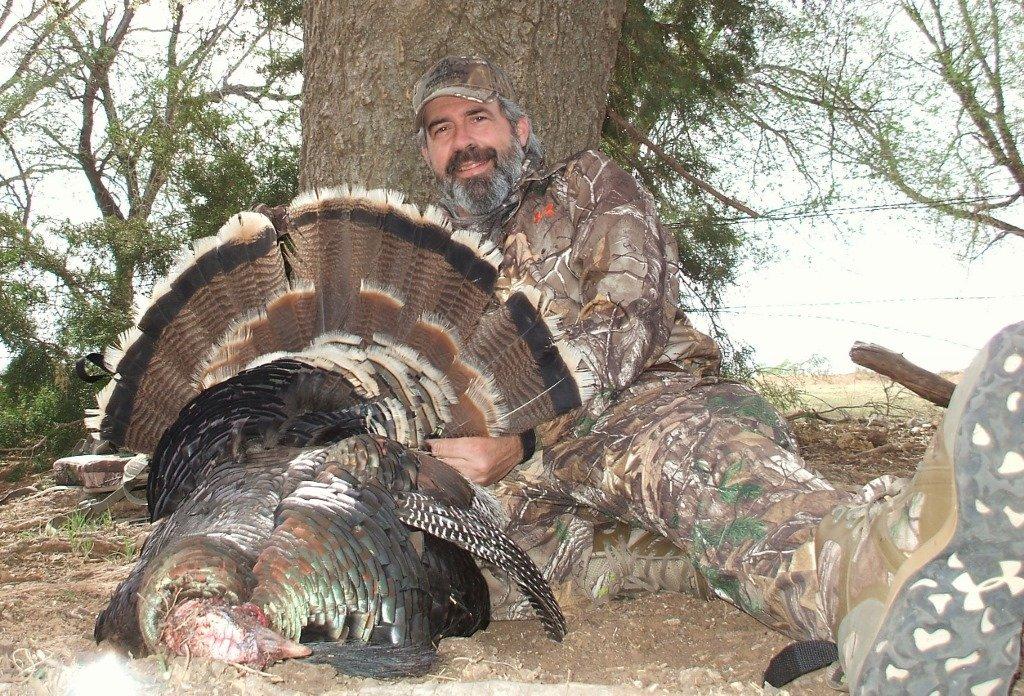
Are turkeys more difficult to hunt these days? Not when compared to my start in the 1970s. Guys would go years without tagging one back then and not find it all that unusual - getting one by the feet was a major event. I say this as a beginning turkey hunter back then. Even killing a young spring gobbler or legal fall hen was seen as a trophy moment, as it should be. This was before elaborate pop-up blinds and hyper-real decoys, of course - assets to the modern turkey hunter. Those wild turkeys were tough in the pre-restoration years (and sometimes scarce), even though the north-central Pennsylvania ridge tops we hunted had some birds even when they had bottomed out elsewhere.
I think in some ways we're spoiled here in the post-restoration golden years. Punching tags is expected. Too much emphasis is sometimes placed on killing and not enjoying the hunt. Turkeys are supposed to be tough. -- Steve Hickoff
Are turkeys more difficult to hunt these days? Yes, no and maybe depending on the birds and hunters involved. I think in some ways we're spoiled here in the post-restoration golden years. Punching tags is expected. Too much emphasis is sometimes placed on killing and not enjoying the hunt. Turkeys are supposed to be tough. That's why it's the best hunting tradition for some of us - the difficulty adds to the pleasure. It's all good - the scouting, locating, sitting on birds, calling to them and sometimes even tagging one.
Some final thoughts: Many of us start out down south and out west each spring season. Florida's Osceolas see a lot of pressure, so they aren't always pushovers. Texas Rios can be tough, but if you make a mistake on one, redemption can be just ranch pasture away. Nebraska's hybridized flocks on the other hand are so plentiful you can scratch out a few for your early season - and look like a turkey hunting superhero doing it - before hunting Easterns later on, which in my mind is the toughest of the subspecies, hands-down. Hunting pressure in the eastern half of the United States makes them this way.
I love 'em all - the easy and hard ones. Grateful for the former, I know dues will be paid to the latter. And sometimes even those low-pressure Merriam's birds can be tough to figure out. I'm cool with that.


